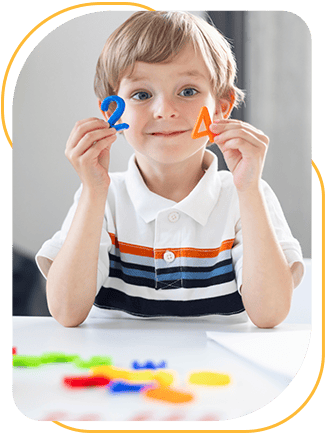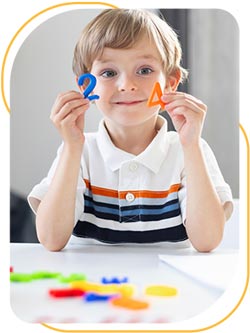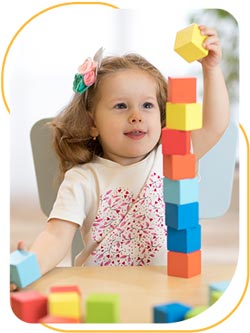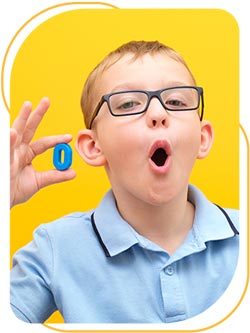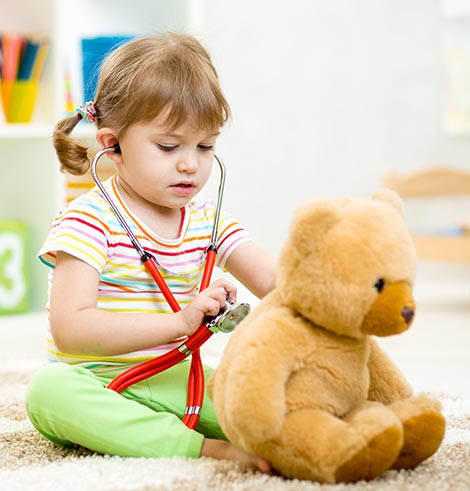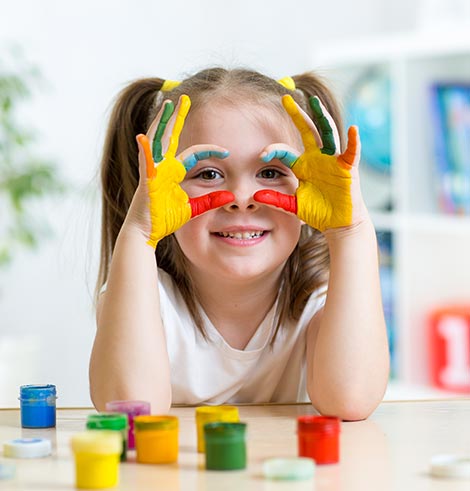

Speech Therapy Autism Evaluations Speech Therapy ADHD Evaluations Parent Coaching IEP Care Coordinator
Now Accepting Clients – No Waitlists – Flexible, affordable private pay options – Book now.
Interested in learning more about our services? Sign up for newsletters today!


Now Accepting Clients – No Waitlists – Flexible, affordable private pay options – Book now.
Interested in learning more about our services? Sign up for newsletters today!

Welcome to WellChild Center for Development- Providing Virtual Neurodevelopmental Evaluations & Pediatric Therapies, All in One Place. Proudly serving families across the entire state of Florida, and based in Weston.
WellChild Center for Development is a Florida-based, fully virtual pediatric diagnostic clinic specializing in evaluations for autism, ADHD, and related developmental concerns. We serve families across Florida with timely, expert assessments to help children receive the clarity and support they need. Our services include comprehensive psychological and neurodevelopmental autism and ADHD evaluations, speech-language evaluations and therapy, and supplemental testing such as gifted assessments and developmental screenings. Based in 1500 Weston Rd Suite 200-11, Weston, FL 33326. we proudly serve families across the entire state of Florida through 100% virtual care. To learn more, contact us or request a virtual appointment online. We serve patients from Weston FL, Cooper City FL, Pembroke Pines FL, Davie FL, Plantation FL, Sunrise FL, and across the entire state of Florida.
Welcome to WellChild Center for Development- Providing Virtual Neurodevelopmental Evaluations & Pediatric Therapies, All in One Place. Proudly serving families across the entire state of Florida, and based in Weston.
WellChild Center for Development is a Florida-based, fully virtual pediatric diagnostic clinic specializing in evaluations for autism, ADHD, and related developmental concerns. We serve families across Florida with timely, expert assessments to help children receive the clarity and support they need. Our services include comprehensive psychological and neurodevelopmental autism and ADHD evaluations, speech-language evaluations and therapy, and supplemental testing such as gifted assessments and developmental screenings. Based in 150 SE 2nd Ave Ste 300 Weston, FL 33131. we proudly serve families across the entire state of Florida through 100% virtual care. To learn more, contact us or request a virtual appointment online. We serve patients from Weston FL, Cooper City FL, Pembroke Pines FL, Davie FL, Plantation FL, Sunrise FL, and across the entire state of Florida.

ABOUT
WellChild Center
For Development
At WellChild Center for Development, we believe in the power of answers — and the peace that comes with them. Our mission is to make high-quality autism, ADHD, and speech evaluations more accessible, more compassionate, and more responsive to the real lives of families across Florida. We meet families where they are, offering virtual services rooted in clinical expertise, cultural understanding, and deep respect for every child’s journey. And because language should never be a barrier to care, we proudly provide services in English, Spanish, and French.


ABOUT US
WellChild Center For Development
At WellChild Center for Development, we believe in the power of answers — and the peace that comes with them. Our mission is to make high-quality autism, ADHD, and speech evaluations more accessible, more compassionate, and more responsive to the real lives of families across Florida. We meet families where they are, offering virtual services rooted in clinical expertise, cultural understanding, and deep respect for every child’s journey. And because language should never be a barrier to care, we proudly provide services in English, Spanish, and French.
NEW PATIENT OFFERS
TAKE ADVANTAGE TODAY!
SCHEDULE AN APPOINTMENT
WE WILL CALL YOU TO CONFIRM YOUR APPOINTMENT
NEW PATIENT OFFERS
TAKE ADVANTAGE TODAY!
SCHEDULE AN
APPOINTMENT
WE WILL CALL YOU TO CONFIRM YOUR APPOINTMENT


Why Families Choose our Autism or ADHD Evaluations
Our autism and/or ADHD evaluations are designed to support your child’s development.

Why Families Choose our Autism or ADHD Evaluations
Our autism and/or ADHD evaluations are designed to support your child’s development.

ABOUT
Our Treated Conditions
► Autism Evaluations
► ADHD Evaluations
► Speech Therapy
► AAC Evaluations
► Additional Evaluations
► IEP Care Coordinator
► and more

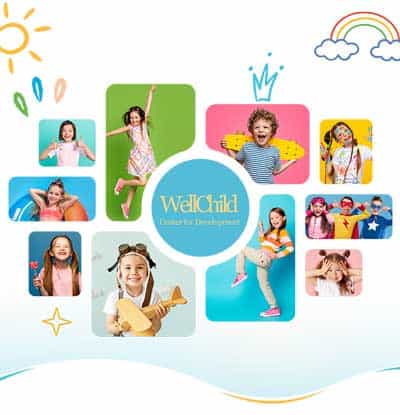
Our Treated Conditions
Autism Evaluations
ADHD Evaluations
Speech Therapy
AAC Evaluations
Additional Evaluations
IEP Care Coordinator
and more





WellChild Center for Development made this process so easy and supportive. We were able to get help for our child without waiting months, and the team was incredibly kind, knowledgeable, and thorough. The evaluation was done virtually, which made it super convenient, and the final report gave us real clarity on how to move forward. I’m so grateful we found them!
Cynthia Burks


WellChild Center for Development made this process so easy and supportive. We were able to get help for our child without waiting months, and the team was incredibly kind, knowledgeable, and thorough. The evaluation was done virtually, which made it super convenient, and the final report gave us real clarity on how to move forward. I’m so grateful we found them!
Cynthia Burks



WellChild Center for Development made this process so easy and supportive. We were able to get help for our child without waiting months, and the team was incredibly kind, knowledgeable, and thorough. The evaluation was done virtually, which made it super convenient, and the final report gave us real clarity on how to move forward. I’m so grateful we found them!
Cynthia Burks



